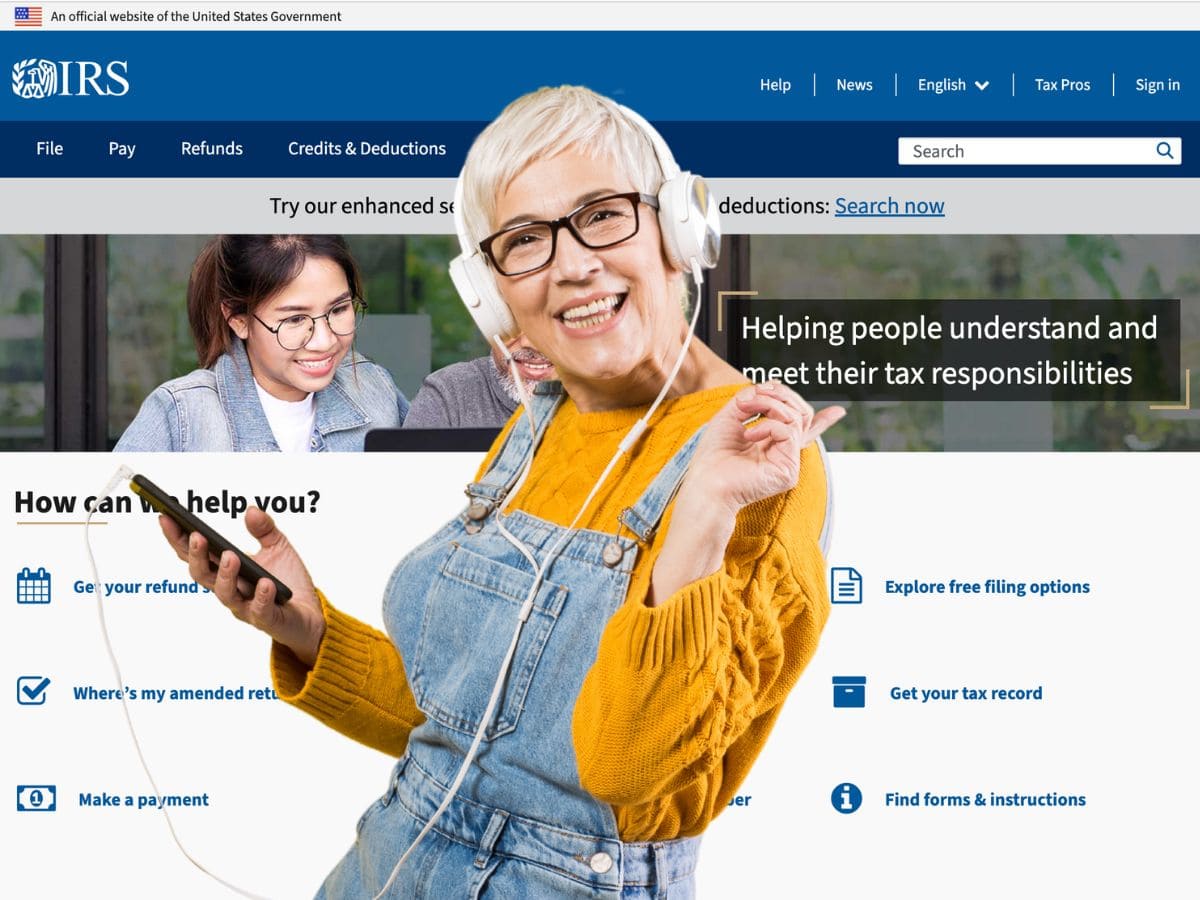As Tax Day approaches, the Internal Revenue Service (IRS) has confirmed that April 15, 2025, is the official deadline to both file your 2024 federal tax return and pay any taxes owed. Taxpayers who miss the deadline may face late filing penalties, interest charges, and other financial setbacks.
Can’t File by April 15? You Still Have Options
If you’re not ready to file by the deadline, the IRS allows taxpayers to request an extension of time to file. However, it’s crucial to note that an extension to file is not an extension to pay. Any unpaid taxes after April 15 may begin to accrue interest, even if your extension is approved.
Those needing more time to pay may consider setting up a payment plan with the IRS, though doing so will typically include interest charges.
Average Refunds Are Higher in 2025
So far in the 2025 tax season, refunds are showing a slight increase compared to last year. As of March 28, 2025, the average refund is $3,170, up from $3,050 in 2024—a 3.9% increase. For direct deposit refunds, the average is now $3,236, also slightly higher than last year’s $3,214.
In total, the IRS has already deposited over $191.4 billion in refunds, marking a 5.4% increase from the previous season.
Who Needs to File a 2024 Tax Return?
While not all Americans are required to file a tax return, many may still benefit from doing so—especially if they’re eligible for refundable tax credits. Here’s a quick look at income thresholds for those under 65:
- Single: $14,600 or more
- Head of household: $21,900 or more
- Married filing jointly: $29,200 (both under 65), $30,750 (one under 65)
- Married filing separately: $5 or more
- Qualifying surviving spouse: $29,200 or more
If your income meets or exceeds these limits, you are required to file a federal return.
Documents You’ll Need to File Accurately
To avoid delays and maximize your return, make sure you gather the following before filing:
- Social Security Number (SSN) or ITIN
- Bank account and routing numbers
- 2023 Adjusted Gross Income (AGI)
- Your 2023 refund amount
- Address and Identity Protection PIN (if applicable)
- Income forms: W-2s, 1099s, and more
If eligible, claim refundable credits like the Earned Income Tax Credit (EITC) or Additional Child Tax Credit (ACTC).







